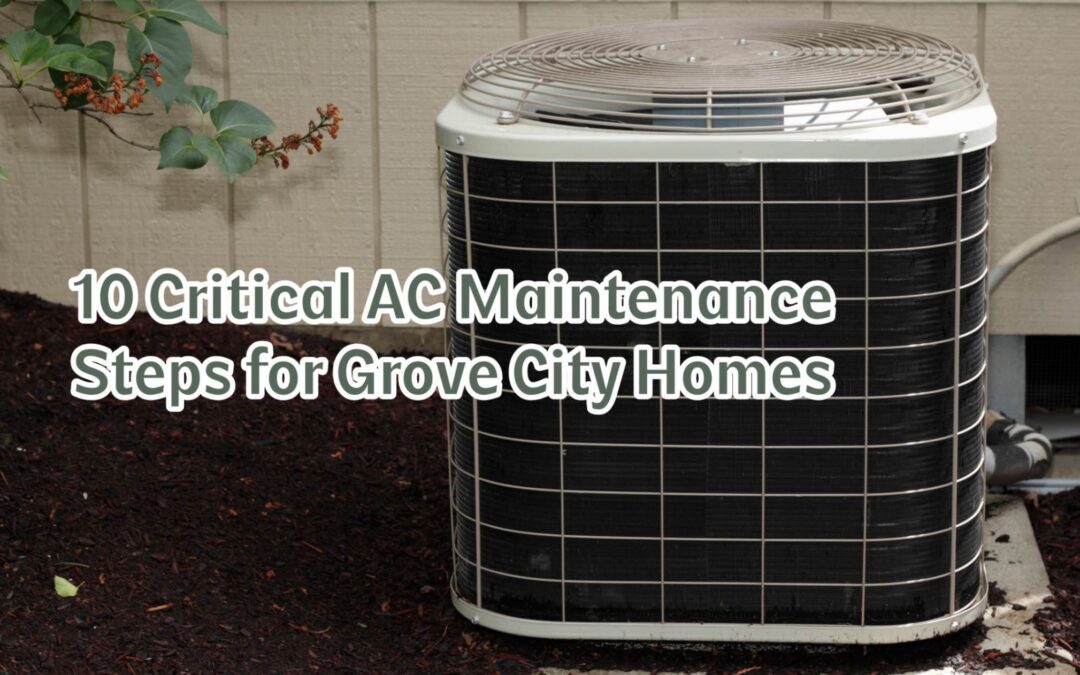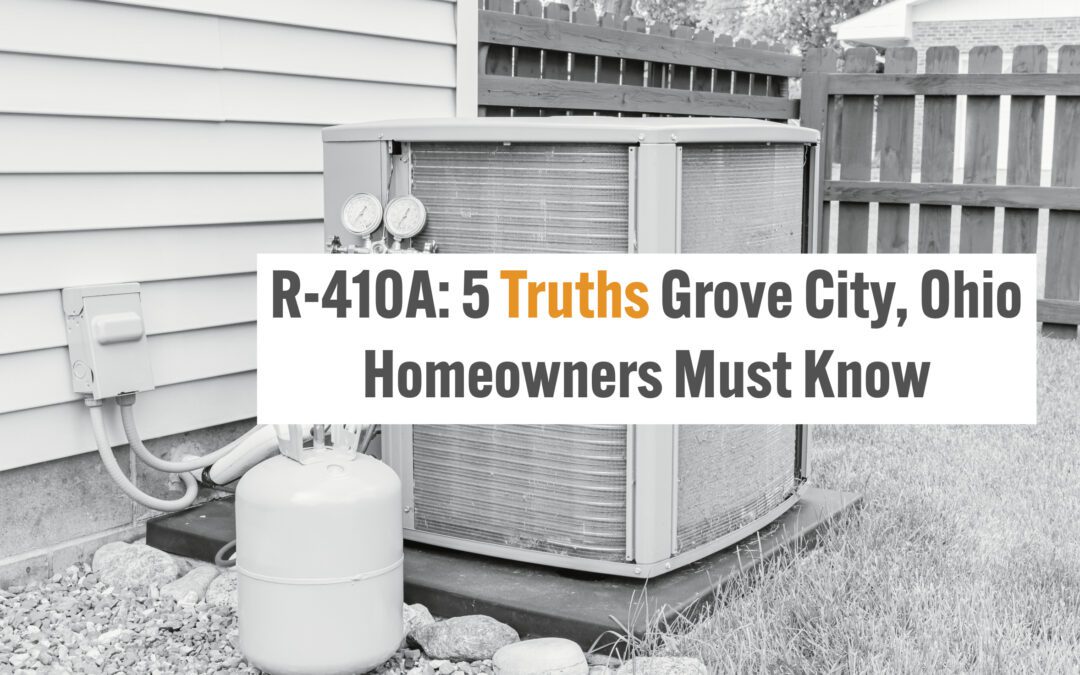Although you may have taken the time to winterize your home last season to prepare for the winter, it’s still important that, as a homeowner, you are ready for any winter emergencies that may arise with your HVAC system. Rest assured; you can find peace knowing that Grove City Heating & Air offers emergency services 24/7, 365 days a year, but in the small chances that there is an inevitable snowstorm, roads are inaccessible, and/or you are left without power temporarily, what can you do to keep your family warm in the meantime? Do you have a backup plan in place? Here are some ideas as well as a few tips and tricks you can focus on to ensure you’re ready for the unexpected whether or not your power goes out:
HOW CAN YOU PREPARE A BACKUP PLAN TO HANDLE WINTER HVAC EMERGENCIES & COmbat friGid weather?
- Your Gas Meter: If you have a gas-powered HVAC system, it’s essential to know the location of your gas meter. In the event of a gas leak, you’ll need to shut off the gas supply to your home to prevent a potential explosion. Therefore, it is best to familiarize yourself with your gas meter’s location and ensure your other household members know where it is as well. Furthermore, during the winter and when it snows, it’s important to ensure snow and ice buildup are not covering your gas meter. So, when you are outside shoveling or snow-blowing your pathways and driveway, go ahead and perform a quick gas meter check. Just take note, if there is snow or ice buildup, you should remove it by gently brushing it off with a broom or brush. You never want to kick the gas meter or use heavy equipment to do so.
- Your Heat Pump: If you own an outdoor heat pump, you should also include this in your snow removal routine. Though outdoor heat pumps typically have an automatic defrost feature, we all know how Ohio winters can be a tad relentless. So, when there is heavy snowfall in particular, it would not hurt to double-check that your heat pump is not overloaded with ice and snow buildup. If you find this to be the case, gently brush off any snow and/or ice carefully. You can also clear the area surrounding the heat pump so when the snow begins to melt, there is an appropriate space for proper drainage.
- Your Outdoor Vents: Your HVAC system’s outdoor vents play a crucial role in its efficiency. If these vents become blocked or damaged, they can lead to issues such as reduced airflow and higher energy bills. So, regularly inspect your outdoor vents and ensure they are clear of debris. But especially during snowstorms and freezing temperatures, make sure to include a quick check of these vents to make sure they are clear. As mentioned above, you can include them in your normal snow-shoveling routine so they are not forgotten.
- Your Indoor Vents: Just like outdoor vents, it’s crucial to keep your indoor vents clear and unobstructed. Furniture, rugs, and other household items can easily block airflow, reducing efficiency and potentially even damaging your HVAC system. So, don’t forget about your indoor vents and confirm that they are easily accessible and free of any obstructions. You will be especially grateful for the unhindered airflow in your home when temperatures are freezing outside.
- Your Fireplace: If you happen to own a functioning fireplace – fantastic! Fireplaces are great backup resources for a little extra heat in the home. If your furnace has gone out or the power is down, huddling around the fireplace is an excellent solution while waiting for a service professional to arrive or for the power to come back. For this reason, it would be a good idea to keep an emergency stockpile of firewood, fire starters, matches, or a lighter. This stockpile should be set aside for the sole purpose of emergencies because the last thing you want is to use up your emergency pile on a regular day only to find the supply depleted when you need it the most. Trust us – running out to get firewood in the middle of a blizzard is not enjoyable. 10/10 – we do not recommend it.
- Your Windows: This is a handy tip, as you can apply it whether your power has gone out or it’s just a little extra cold outside. On especially frigid days, close your blinds and window treatments. Doing so provides extra insulation for keeping the warm air inside your home. In addition, for extreme situations, hanging up towels or blankets across your windows can also assist in further insulation.
- Your Doors: If the power is out or your furnace isn’t working, try to refrain from opening the exterior doors to your home as much as possible. Anytime you open an exterior door, the cold air will sneak in, and the warm air will creep out, making it difficult for the heated air to stay within your home.
- Your Blankets: If you don’t know what to do with those extra blankets you have lying around, but don’t use regularly, try gathering them up and storing them in one place. This way, they can be tucked away and easily grabbed for emergency use. In your time of need, you will find it refreshing to have them ready to grab from one designated spot.
- A Generator: If possible, having a backup generator is a fantastic solution to forming a fool-proof emergency backup plan.
- A Portable Heater: Portable heaters are another great option! In case your furnace suddenly starts to act up, having a couple of portable heaters on hand can prove quite handy! As a bonus, you can choose from a wide variety of affordable options.
By taking a proactive approach to emergency preparedness for your HVAC system, you will be prepared for the unlikely, no matter what! So, team up with Grove City Heating & Air, and together we can tackle whatever Old Man Winter throws our way together! Call (614) 490-7540, or schedule an appointment online by clicking here!





